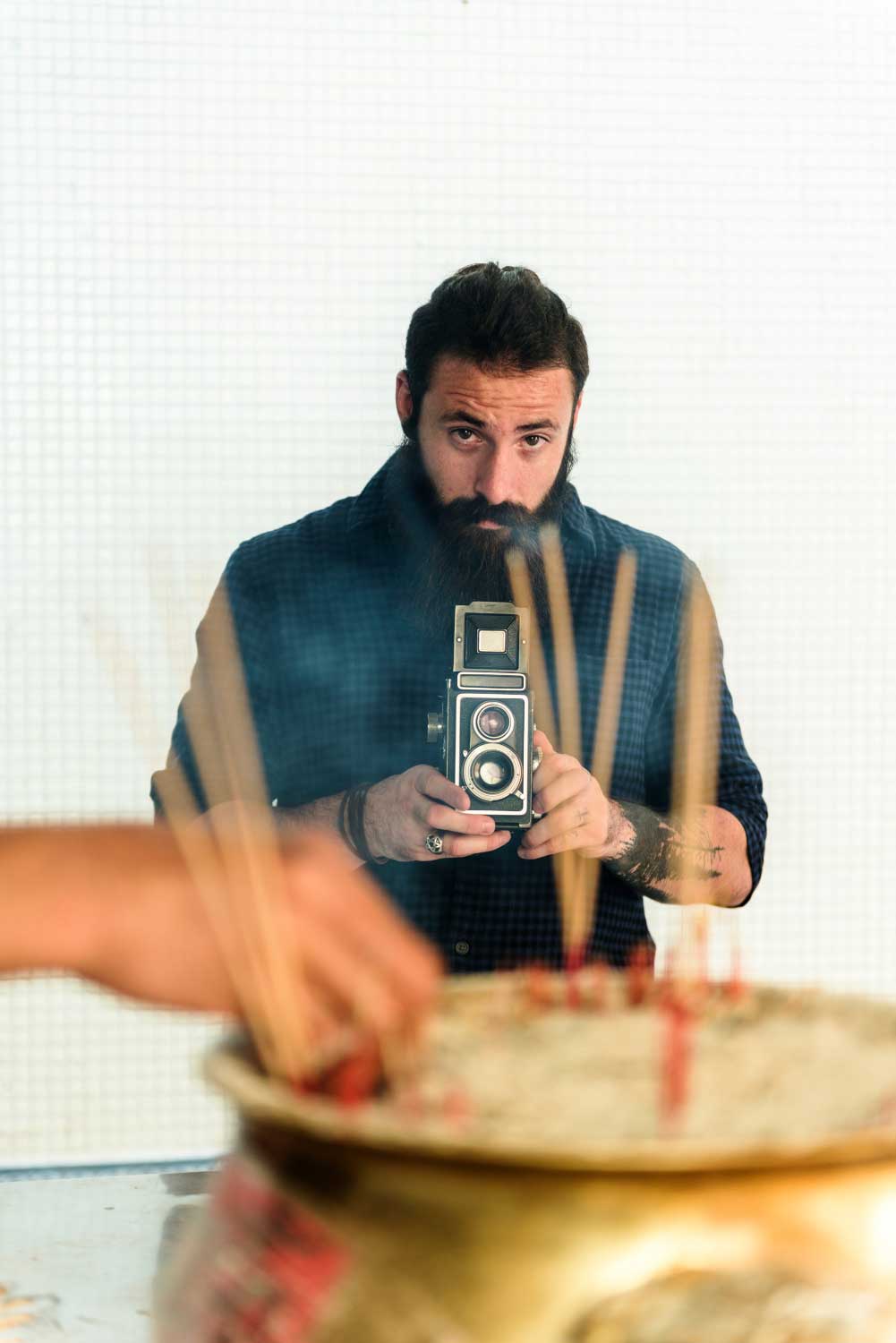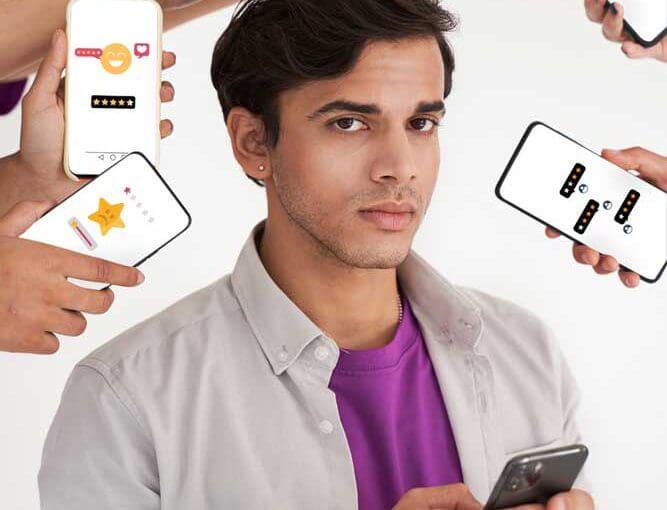 Let’s face it: Some people can smell a con a mile away, and on social media those folks will never believe a word you say unless you’re being your authentic self. This means you and your business are true to yourself and your values instead of putting on a façade.
Let’s face it: Some people can smell a con a mile away, and on social media those folks will never believe a word you say unless you’re being your authentic self. This means you and your business are true to yourself and your values instead of putting on a façade.
Social media platforms are evolving to foster more authentic content and communities. For example, TikTok’s algorithm prioritizes authenticity and content over popularity.
Ideally, you want to be transparent, honest and show vulnerability, too. This isn’t always easy, since we might feel we’re letting the world see us just as we are. For example, you might say…
Transparency: “Today our product is half off because next month it will be obsolete when we launch 2.0. But that’s great news, because as a 1.0 owner you get the upgrade for free the moment it launches.” It might not seem like smart marketing to acknowledge your current product version is about to become obsolete, but when you tell them they get the next version for free, you’ve been honest, you’ve given them an excellent reason to buy now (half off!) and now they feel they can trust you.
Honesty: “This isn’t the fanciest product on the market, but it gets you the result you seek for half the price of our competitor.” If you’re half the price, you’d better be telling them why or people might suspect there’s something wrong with your product.
Vulnerability: “We blew it, we apologize and we’re going to do everything in our power to see to it that this never happens again.” If you screw up, only an honest, real acknowledgment of the mistake and sincere apology will do. But once you’ve given that, most people will trust you MORE than before you ever made the mistake.
Authentic Content Rocks
Authentic content stands out from the sea of heavily edited photos, staged moments, and sponsored posts.
Think of a stock photo of a pristine office versus the photo you just took of your own office with the messy desk, your dog napping in the corner, the plants that are taking over the top of the bookcase, the Led Zepplin poster with the curling corners and the books that are stacked on the floor because there’s nowhere else to put them.
No stock photo is going to beat your own reality. People can relate, and they enjoy seeing that you are an imperfect, real person, just like them.
Being authentic on social media helps you…
- Build trust and connections with others
- Show that there’s a real person behind the brand
- Become more approachable
- Create a safe place
- Build meaningful connections with your audience
- Develop stronger relationships with followers
- Spark meaningful conversations
Some ways to be authentic on social media include…
- Sharing personal stories, experiences, and insights
- Being real and transparent about both the joyful and the stretching parts of our lives
- Creating brand moments that people can attach themselves too
- Encourage user-generated content
- Treating your community members as allies and advocates
- Know what you stand for and what you stand against
- Advocate for positive change
- Show that you are listening, making your followers and customers feel heard
- Respond to comments and DM’s
- Ask for and act on feedback
- Remember it’s not about you, it’s about them
- Admit and even highlight your mistakes, humanizing your errors and saying sorry.
Here are 5 examples of real people finding success through social media authenticity:
Baking with Benji: Benji Brown (@sixfeetunderpressure on Instagram) started posting his baking adventures during the pandemic. His quirky personality, focus on fun over perfection, and mistakes-included approach resonated with audiences. He wasn’t afraid to laugh at himself, and his genuine passion for baking was contagious. This authenticity led to recipe book deals, brand partnerships, and a sold-out line of baking mixes.
Makeup by Mario: Mario Dedivanovic (@mariodedivanovic on Instagram) is a celebrity makeup artist who found fame through social media. He wasn’t afraid to share his techniques and tips, even for free. This transparency and focus on education built trust with his audience. He eventually launched his own makeup line which thrived due to the pre-existing fanbase he cultivated through his genuine approach.
Lennie Alehat (@lennyalehat on TikTok): Lennie Alehat started posting short videos on TikTok showcasing his experience with dwarfism. His humor and openness about his life challenged stereotypes and created a space for disability awareness. Brands took notice of his positive and authentic content, leading to brand endorsements and collaborations.
Dr. Jessica Garner (@_drjess on Instagram): Dr. Garner is a dermatologist who uses Instagram to educate people about skincare in a fun and informative way. She debunks myths, offers easy-to-understand explanations, and isn’t afraid to show herself without makeup. Her relatable and authentic approach built trust with her audience, leading to the success of her skincare line and increased bookings for her dermatology practice.
Justine Leconte (@justine_lectonte on Instagram): Justine Leconte is a plus-size model who uses her platform to promote body positivity and self-love. She embraces her curves and isn’t afraid to challenge beauty standards. This authenticity resonated with many, leading to brand deals with companies that promote inclusivity and a wider range of body types.
